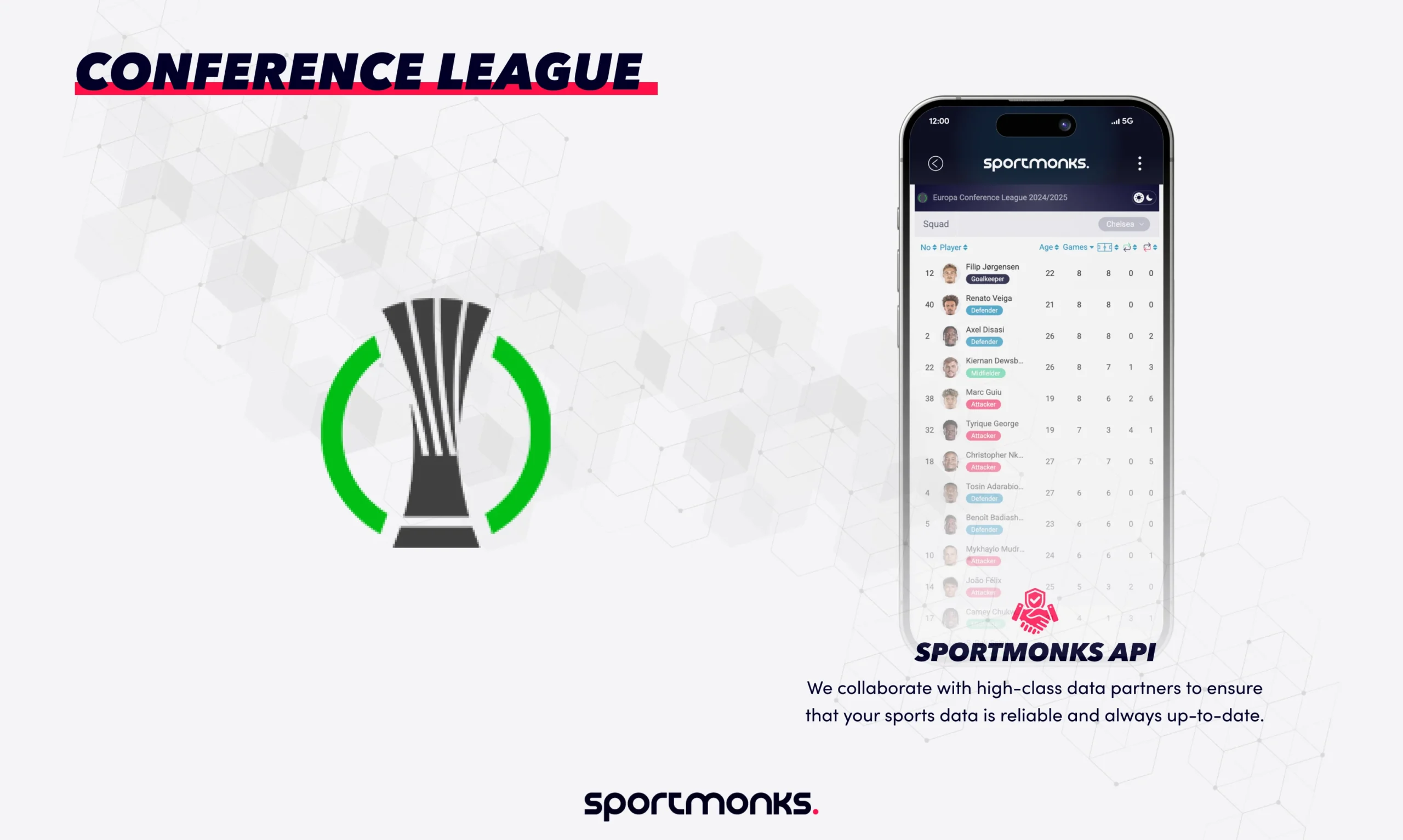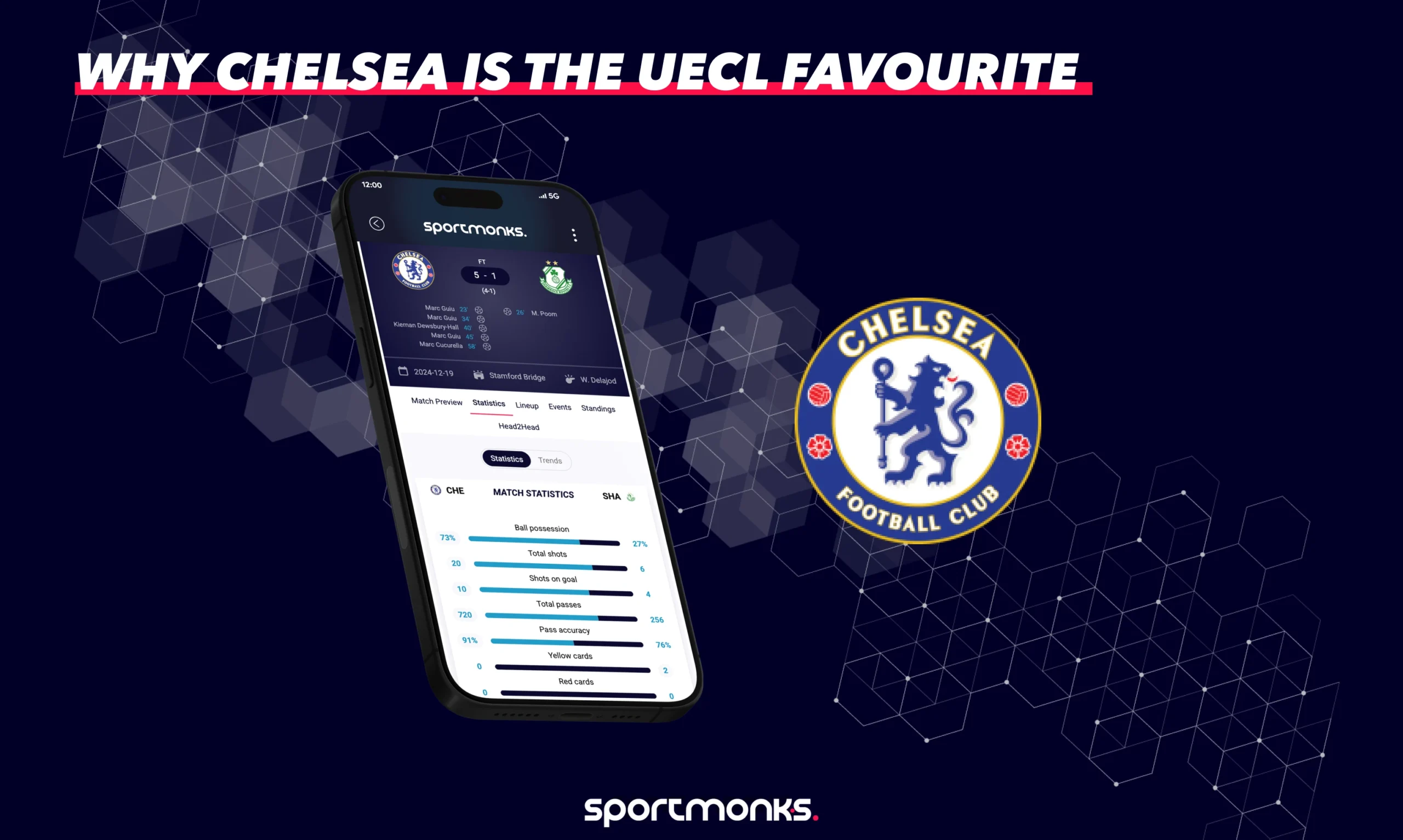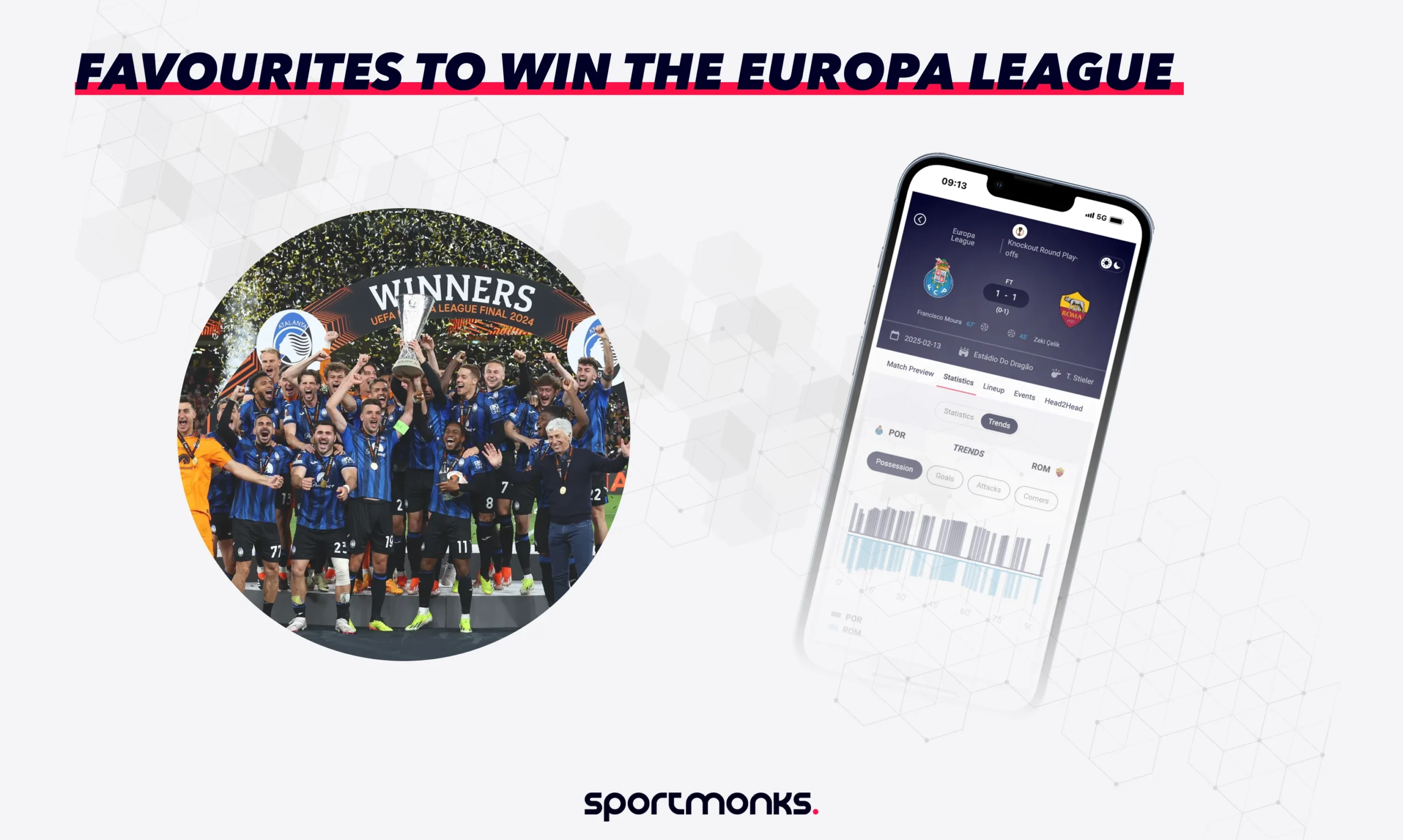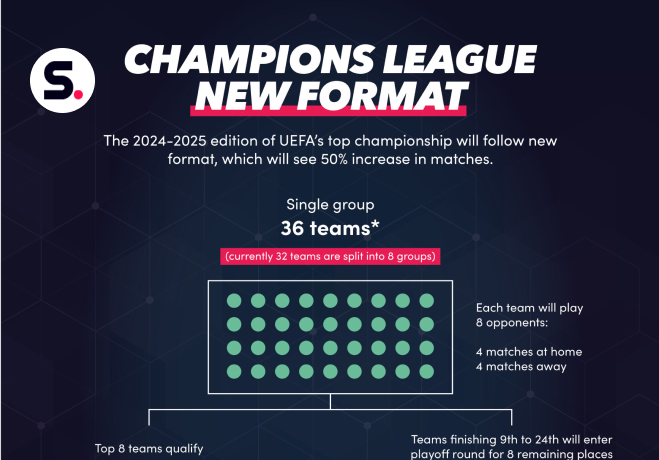
Contents
History of the UEFA Europa Conference league
The UEFA Europa Conference League is the youngest of UEFA’s three major club competitions, born out of a desire to broaden participation in European football. Its creation was driven by several factors, including the need to provide more opportunities for clubs from smaller or mid-sized leagues to compete in European football.
Prior to the Europa Conference League, many clubs from these leagues struggled to qualify for either the Champions League or the Europa League. This often meant a lack of exposure to European football, limiting their financial resources and hindering player development. The introduction of the Europa Conference League aimed to address this gap, offering a more accessible route to European competition.
The concept of a third-tier European tournament had been discussed for some time before its eventual launch. UEFA recognised the potential to create a more inclusive and dynamic European football landscape by providing more clubs with the chance to compete on the continental stage.
Finally, in 2021–22, the inaugural season of the UEFA Europa Conference League kicked off. Roma became the first-ever winners, defeating Feyenoord in the final. This victory marked a significant milestone in the competition’s history, establishing its credibility and paving the way for its continued growth and development. The subsequent seasons have seen the competition grow in stature, attracting more attention and highlighting talent from leagues across Europe.
Structure and format of the UEFA Europa Conference league
The UEFA Europa Conference League employs a structured format designed to ensure competitive balance and culminate in a thrilling final. Here’s a breakdown:
Qualification
The path to the Europa Conference League varies depending on a club’s domestic league performance and their standing in other UEFA competitions. Teams can qualify through:
– Their position in their domestic league. The specific allocation of spots depends on the UEFA coefficient ranking of the league. Generally, teams that finish just below the Europa League qualification places in their domestic leagues enter the Europa Conference League.
– Relegation from the Europa League qualifying rounds. Teams that are eliminated in the qualifying rounds of the Europa League may drop down into the Europa Conference League.
– Winning a domestic cup competition (in some cases).
Qualifying rounds
Similar to other UEFA club competitions, the Europa Conference League has qualifying rounds to narrow down the field. These rounds involve multiple legs and feature teams from across Europe.
League stage
The league stage now involves 36 teams participating in a single league table. Each team plays eight matches against eight different opponents, determined by a draw. This draw is designed to ensure a balanced schedule, with teams playing four matches at home and four away.
Ranking and qualification for knockouts
The top eight teams in the league table at the end of the eight matches automatically qualify for the knockout stage. Teams finishing 9th through 24th will compete in a play-in round to determine the remaining eight knockout stage participants. Teams finishing 25th to 36th are eliminated.
Knockout stage
The knockout stage remains largely similar to the previous format, starting with the Round of 16. From this point forward, it follows a standard knockout format with two-legged ties (home and away) for the Round of 16, Quarter – finals, and Semi – finals. The final is a single-match event, held at a neutral venue chosen by UEFA.
Key teams in the UEFA Europa Conference league
It’s still early in the competition’s history, so established “key teams” in the same vein as the Champions League giants haven’t fully emerged. However, some clubs have already made a significant impact and are likely to be regular contenders:
– Roma: As the inaugural winners, Roma hold a special place in the competition’s history. Their victory in the first season established the credibility of the Europa Conference League and showed that it could be a platform for major clubs to achieve European success.
– Feyenoord: Feyenoord, the finalists in the first season, demonstrated the ambition and quality of the teams that participated in the competition. Their run to the final showcased the potential for clubs from leagues outside the traditional “top five” to make a significant impact.
– West Ham United: The winners of the 2022-2023 edition of the tournament. Securing their trophy against Fiorentina.
– Olympiacos: The winners of the 2023-2024 edition of the tournament. Securing their trophy against Fiorentina.
– Fiorentina: Reaching the final in two consecutive years, 2022-2023 and 2023-2024, shows that they are a consistent strong team in the competition.
– Chelsea: While they have not won the competition, their participation brings a high level of prestige and attention to the Europa Conference League. Their presence highlights the competition’s growing importance and ability to attract major clubs.
– Other regular participants: A number of clubs from leagues like the Portuguese Primeira Liga, the Dutch Eredivisie, the Belgian Pro League, the Turkish Süper Lig, and various other leagues across Europe have consistently featured in the Europa Conference League. These teams often represent the strongest clubs in their respective countries and are eager to test themselves against European opposition.
The UEFA Europa Conference league and its role in European Football
The UEFA Europa Conference League, while the newest of UEFA’s club competitions, plays a vital role in the broader European football ecosystem. It serves several key functions that contribute to the overall health and dynamism of the game across the continent.
Expanding opportunities for European football
Perhaps the most significant role of the Europa Conference League is to expand access to European club competition. It provides a platform for clubs from a wider range of UEFA member associations, particularly those from smaller leagues or leagues with lower coefficients, to participate in continental football. This increased participation has several benefits:
– The extra cash: Even reaching the group stage of the Europa Conference League provides a significant financial boost for clubs, particularly those operating on smaller budgets. The prize money, broadcasting revenue, and sponsorship opportunities associated with European competition can be transformative.
– Improves player development: Playing against teams from different leagues and experiencing different styles of play is invaluable for player development. It exposes players to a higher level of competition, helping them to improve their skills and gain experience on the European stage.
– Increases club exposure: Participating in European competition increases a club’s profile and visibility, both domestically and internationally. This can lead to greater sponsorship opportunities, attract new fans, and enhance the club’s overall reputation.
Helps level the playing field
The Europa Conference League also contributes to greater competitive balance within European football. By providing an opportunity for clubs from smaller leagues to compete for silverware, it helps to level the playing field somewhat. It prevents the biggest clubs from dominating all three European competitions and gives other teams a chance to achieve significant success.
Creates a stepping stone for young players
The competition can serve as a stepping stone for emerging talents and clubs on the rise. It provides a platform for young players to showcase their skills and gain experience in a high-pressure environment. For clubs, it can be a way to build their reputation and establish themselves as a force in European football.
Important football data and Sportmonks coverage
Football data brings the Europa Conference League to life—it’s how you see what’s really happening in those underdog battles. Sportmonks’ Football API has it all, passing out live updates and stats that fans, analysts, and app makers can use easily. You get goals, cards, and subs as West Ham face Fiorentina, plus ball possession and shots showing who’s on top. Sportmonks covers over 2,200 leagues, including this one, with plans at €39 monthly for the European (27 leagues), €129 monthly for the Worldwide (111 leagues), or a custom-priced Enterprise for everything. Check Sportmonks Football API Plans and dive into the fun.
FAQs about the Europa Conference league
- Trophy and recognition: The winning team receives the Europa Conference League trophy, a prestigious honour that marks their success in Europe's third-tier club competition.
- Europa league qualification: The champions automatically qualify for the league stage of the following season's UEFA Europa League, provided they have not already qualified for the UEFA Champions League via their domestic league performance. If they qualify for the Champions League, the Europa League spot is reallocated based on UEFA's access list.
- Financial rewards: The winner receives significant prize money, with the 2024 winner earning approximately €5 million for the final alone, in addition to earnings from earlier rounds (e.g., €2.94 million for reaching the group stage, plus performance bonuses).
- Club reputation: Victory enhances the club's reputation, providing increased visibility, sponsorship opportunities, and a platform for player development.
- Qualification: Teams qualify via their domestic league positions (typically below Europa League spots), relegation from Europa League qualifying rounds, or winning domestic cup competitions (in some cases). The number of spots depends on the UEFA coefficient ranking of each league.
- Qualifying rounds: Multiple qualifying rounds narrow down the field, involving teams from across Europe, with matches played over two legs.
- League phase: Introduced in the 2024-2025 season, the league stage involves a 36-team league phase. Each team plays eight matches against eight different opponents (four home, four away), determined by a draw.
- Ranking and qualification for knockouts: The top eight teams in the league table automatically advance to the knockout stage. Teams ranked 9th to 24th compete in a play-in round to determine the remaining eight knockout participants, while teams ranked 25th to 36th are eliminated.
- Knockout stage: Starting with the Round of 16, the competition proceeds with two-legged ties (home and away) for the Round of 16, Quarter-finals, and Semi-finals. The final is a single-match event at a neutral venue.


